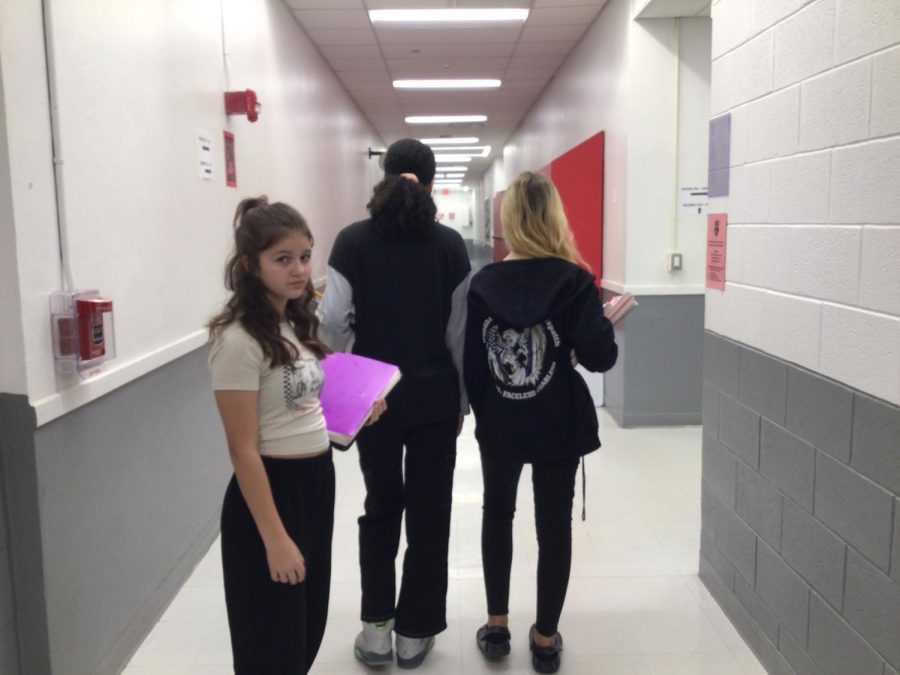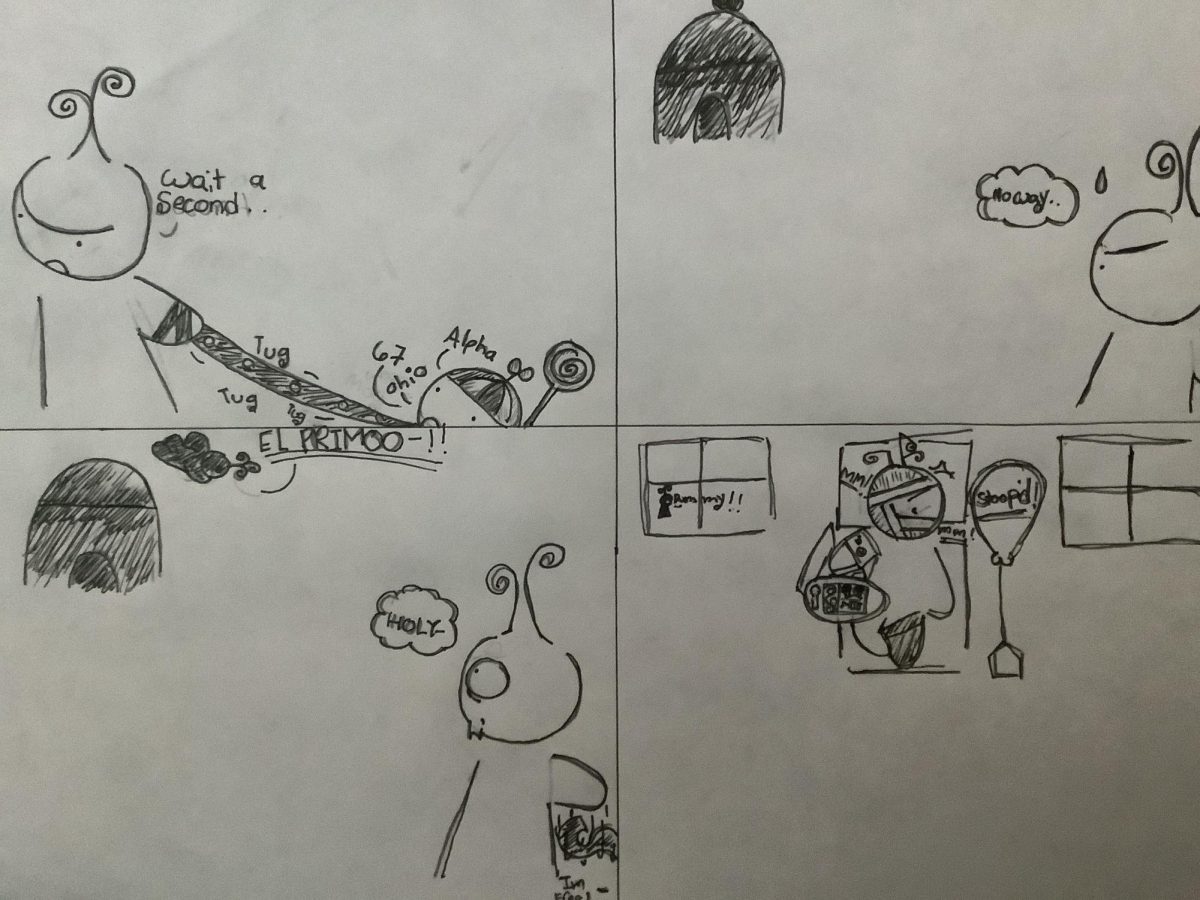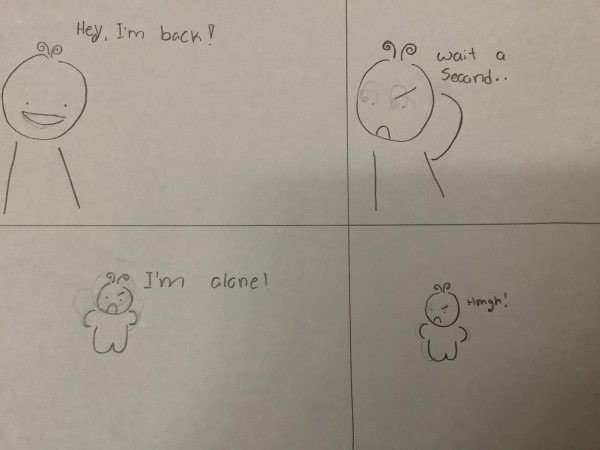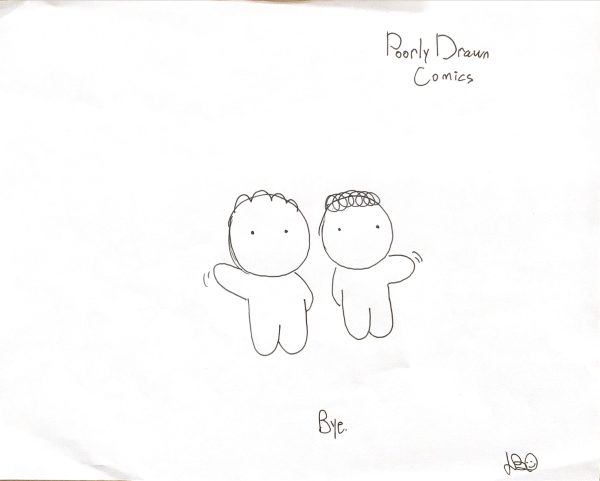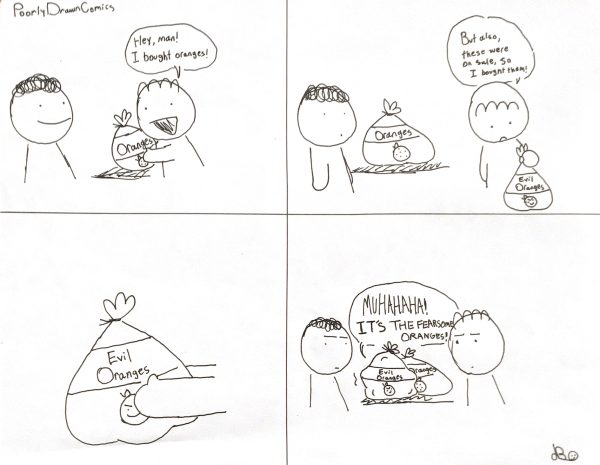Pet peeves and irks at WMS
SLOW WALKERS IN THE HALLWAYS; This is a very common pet peeve at WMS
Jan 11, 2023
Why do we have pet peeves? People create pet peeves from experience or dislikes. Once we experience it, it creates a bad connection. When we have pet peeves we often feel disgusted and irritated. While my list had remained the same the answers were very diverse. The biggest pet peeves they all had was experienced daily like chewing gum, slow walkers, and burping.
Trends and Pattern
While I have interviewed people they all had given very different responses then the previous interview. While someone’s biggest pet peeve was burping, some of the other people said they found it funny.
What the biggest pet peeve/ irks people had was nails on a chalkboard and scraping silverware. Research has shown that high pitches amplify the ear canal and make people cringe when they hear it.
Many people said that being late doesn’t bother them that much because they say they do it them self. Why some people weren’t triggered by these irks/pet peeves because they said they have done it to other people before.
Pet Peeves and Misophonia difference:
Pet peeves and disorders are not the same thing. For example Misophonia is not a pet peeve. Misiphonia is when people feel annoyed and irritated when they hear a specific noise or sound. People with Misophonia often feel enraged and very uncomfortable towards sounds. While we experience pet peeves we just feel a little irritated and move on.
How to Cope:
How you cope with pet peeves is by pretending it doesn’t bother you, taking a break, and considering the other person.
By putting the pet peeve out of your mind you can trick your brain into thinking it doesn’t bother you anymore. Also, you can take a break whether it is deep breaths or a short walk. Lastly you can try to understand them and comprehend them.
For example, if someone is walking slow in the hallways, they might be hurt or they don’t notice their surroundings.
It is very common to have pet peeves and irks and it is completely normal to have them. Having a pet peeve is a part of being a natural human being.

